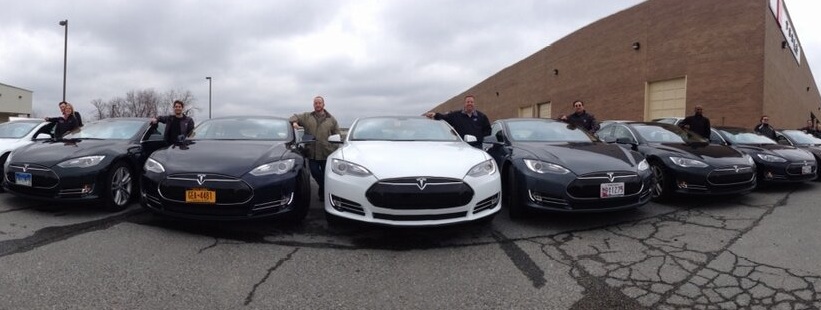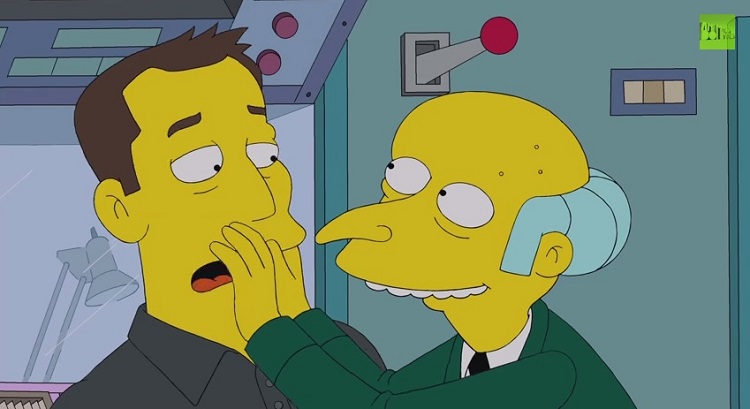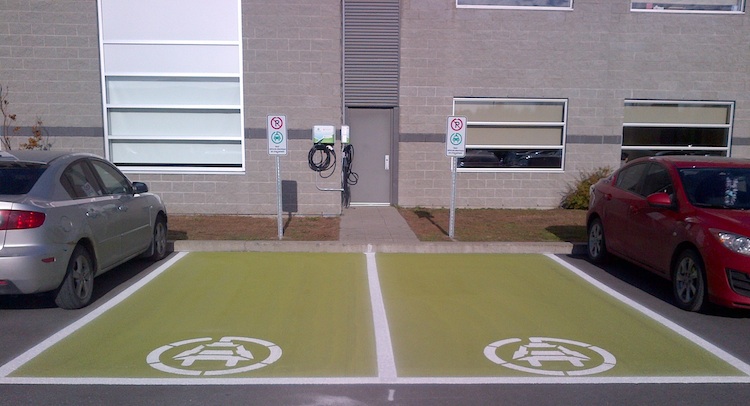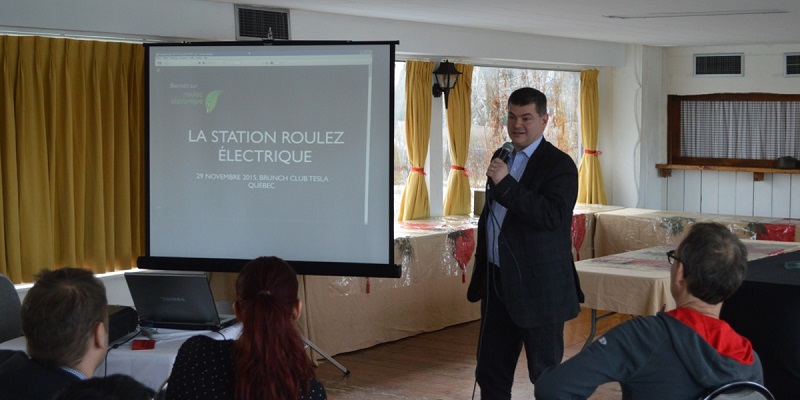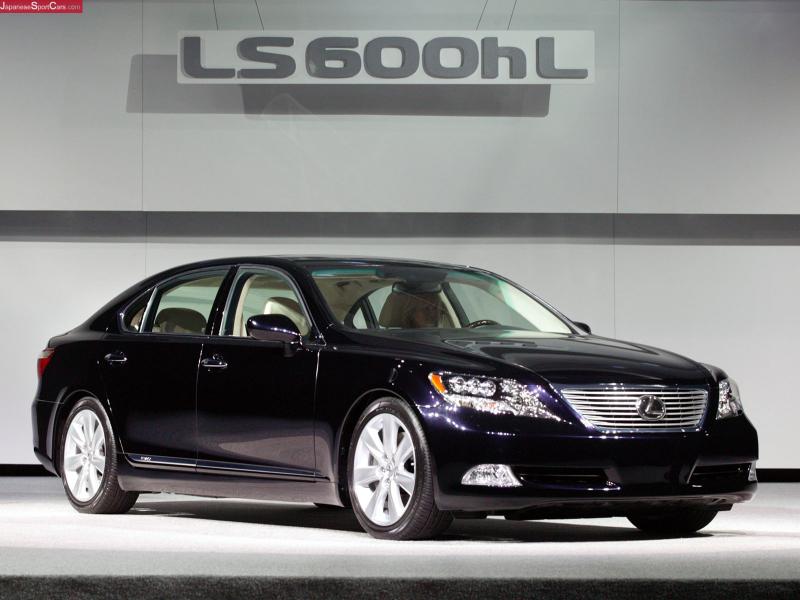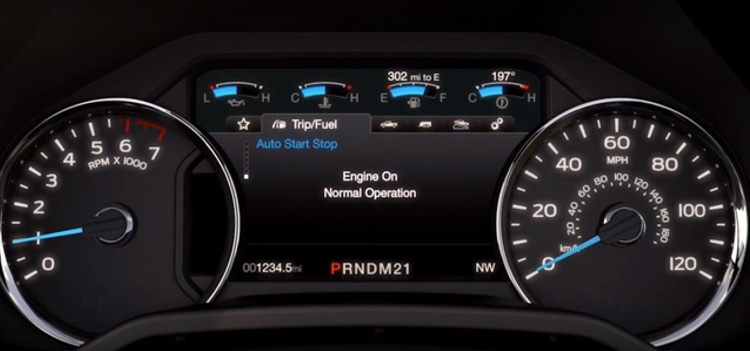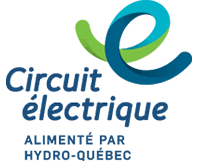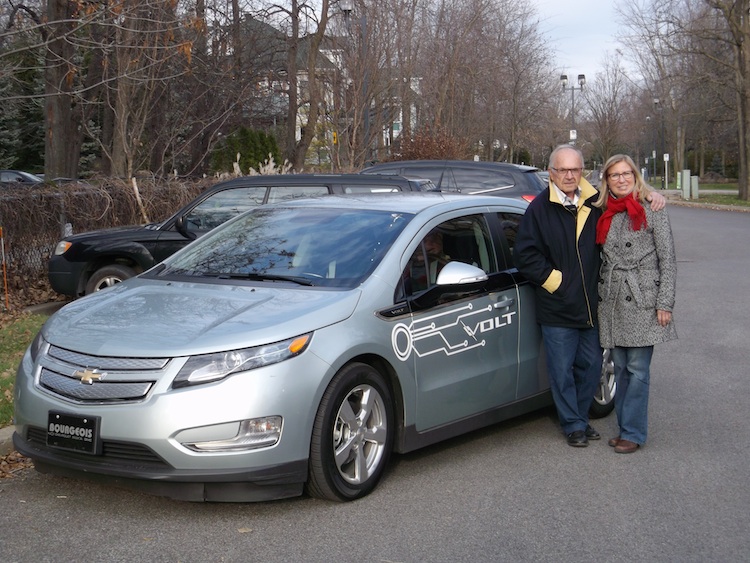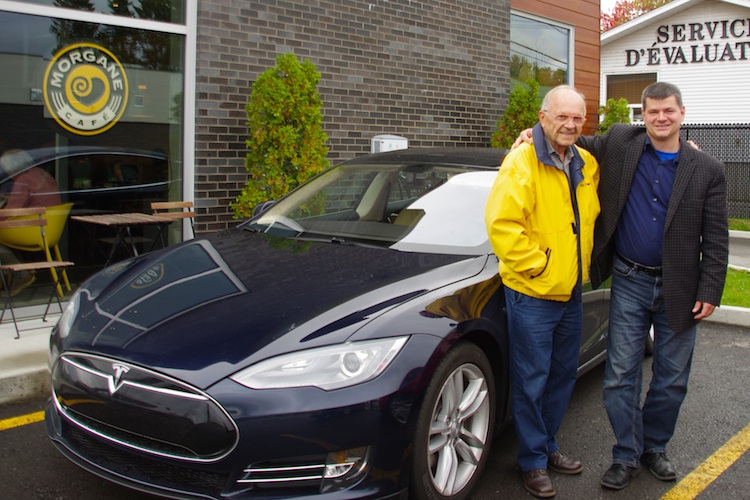La revue manquée de M. Broder a provoquée l’arrivée d’un néologisme dans la langue anglaise: le “broderism”, qui est défini comme la liste des erreurs et imbécilités requises pour tomber en panne électrique. Est-ce que le “LeFrançoisisme” pourrait être utlisé comme équivalent dans la langue de Molière?
Il nous arrive maintenant de poser la question: “Devons-nous encore nous fier aux journalistes?”Il est clair que la qualité du reportage des faits, qui est une des bases de l’éthique journalistique n’a pas été suivie.
( L’étique journalistique comprend : rectifier automatiquement et rapidement toutes les informations fausses ou erronées), et il n’y a pas eu de revue par les pairs du reportage en question. C’est très regrettable, car cela diminue la crédibilité des médias, qui semblent rechercher que le sensationnalisme, au lieu de rapporter de l’information de qualité. Il est donc important de garder un sens critique face aux revues négatives sur tout ce qui englobe l’électrification des transports, les pressions des pétrolières sont très fortes pour garder intact leur quasi-monopole.
A Most Peculiar Test Drive – Follow Up
By Elon Musk, Chairman, Product Architect & CEO
 19 comments
19 commentsYesterday, The New York Times reversed its opinion on the review of our Model S and no longer believes that it was an accurate account of what happened. After investigating the facts surrounding the test drive, the Public Editor agreed that John Broder had “problems with precision and judgment,” “took casual and imprecise notes” and made “few conclusions that are unassailable.”
We would like to thank Margaret Sullivan and The New York Times for looking into this matter and thoughtfully considering the public evidence, as well as additional evidence provided on background. A debt of appreciation is also owed to other media outlets, such as CNN, CNBC, and Consumer Reports, who repeated The New York Times test drive at normal highway speeds and comfortable cabin temperatures without ever running out of range.
But, most of all, we would like to thank our customers, who rallied immediately to the defense of Tesla and the electric car revolution, sending hundreds of heartfelt letters of support to The New York Times in the space of a few days! Entirely of their own volition, several customers spent the past holiday weekend recreating the Broder test drive route and showing that it can be done easily using the Tesla Supercharger network on the East Coast. You guys are awesome!
The bottom line is that the Model S combined with Supercharging works well for a long road trip, even in a cold, snowy winter. Nonetheless, we will keep increasing the number of Superchargers, improving the software in the car (via over the air updates), and the technology behind the Supercharger itself. Without people even having to think about it or Tesla having to physically touch the car, the free long distance travel enabled by our Superchargers will steadily improve with each passing month.
Elon
